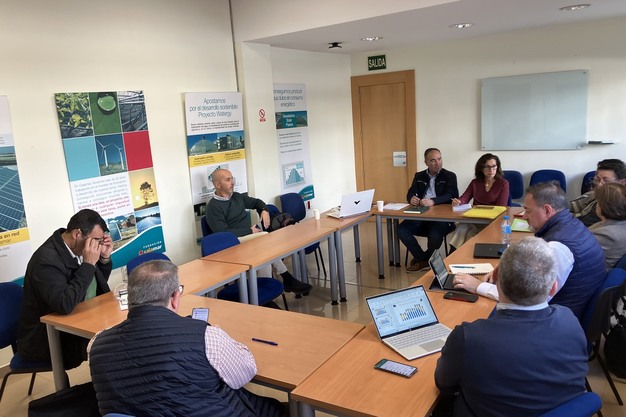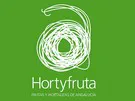The Board of Directors of the Andalusian Fruit and Vegetable Interprofessional Organization, HORTYFRUTA, has recently held a meeting to discuss the prospects of the current horticultural campaign, both in terms of productions and trade in the European markets.
HORTYFRUTA is aware that "in recent months, the productions have been affected by the weather, as spring-like temperatures were recorded in the middle of winter," but they also believe that "the biggest challenge faced by producers and marketers is the unfair competition from third-country productions that are flooding the European markets without any control by the Administrations."

"The arrival of productions from third countries grown in different environmental and social-labor conditions is resulting in unfair competition with Andalusian, Spanish and European productions, as well as in a reduction in the market share of the main products."
According to the analysis carried out during the meeting of the Board of Directors, it is worth noting how in February, previously dominated by the Spanish southeast, there is already very strong competition from third countries. For example, in the case of eggplant, while HORTYFRUTA still accounts for 60% of the European trade, there are also Turkish products on the supermarket shelves. The situation is already extreme in the case of tomatoes. The share of the Andalusian production in the EU and the United Kingdom does not even reach 20%, while Morocco directly and indirectly almost reaches 40%. And to this we must add another 8% of Turkish tomatoes. As for zucchini, the Andalusian interprofessional organization accounts for 47% of the total, but Morocco and Turkey's sales are on the rise and they already account for 25% of the market."
The member organizations of HORTYFRUTA say that "the only possible solution is for the Administration to react and for all imports from third countries to Europe to be rigorously controlled, as stipulated in the international agreements that have already been signed."
The interprofessional organization also argues that it is necessary "to carry out greater phytosanitary surveillance to prevent the marketing in the EU of products with pesticide residues above the set limits."
Given this situation, HORTYFRUTA is wary about the spring campaign that is about to start, and which "may be compromised if this administrative laxity continues."
 For more information:
For more information:
HORTYFRUTA
Ctra. de Málaga n.º 44, 3.ª planta
04002 - Almeria, Spain
Tel.: 0034 662 388 055
info@hortyfruta.es
